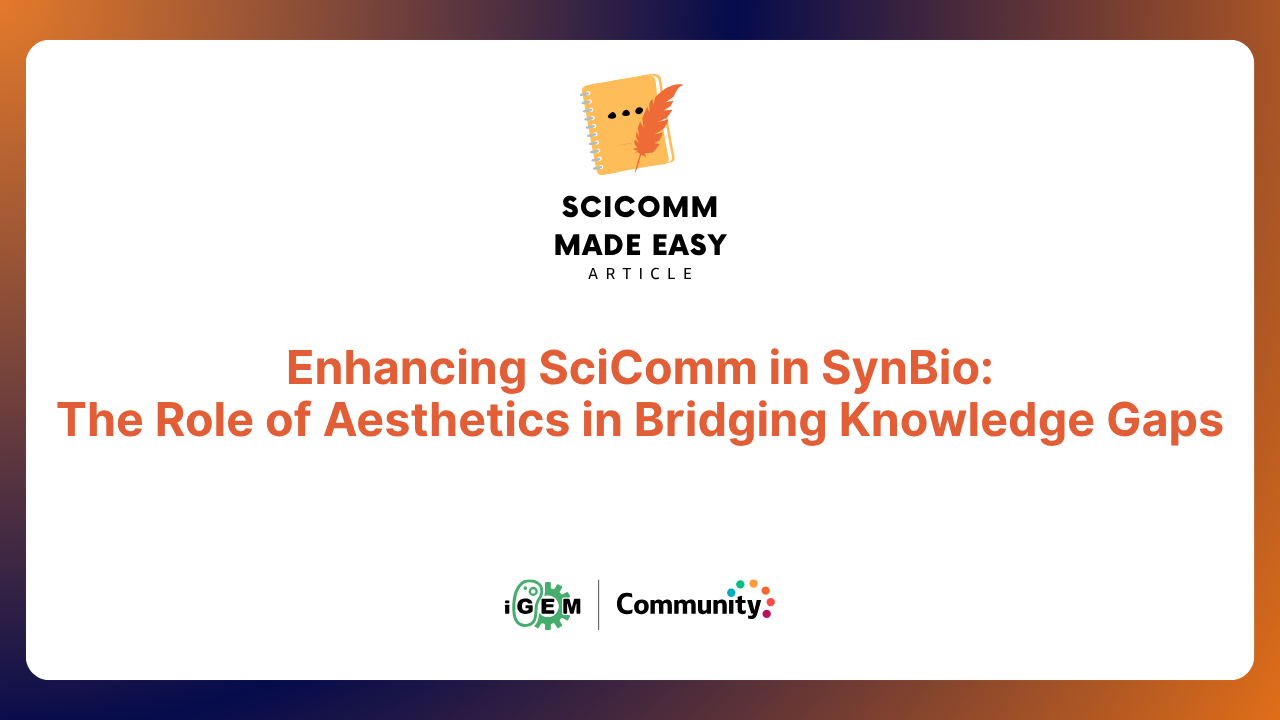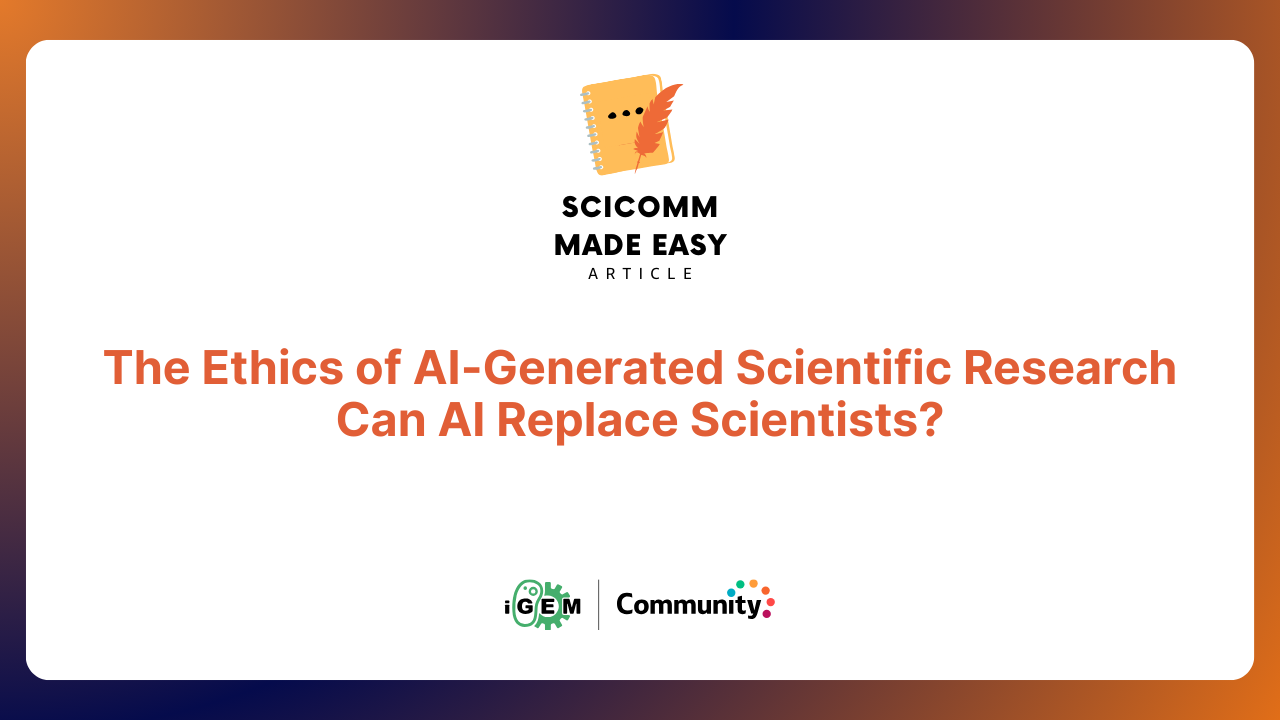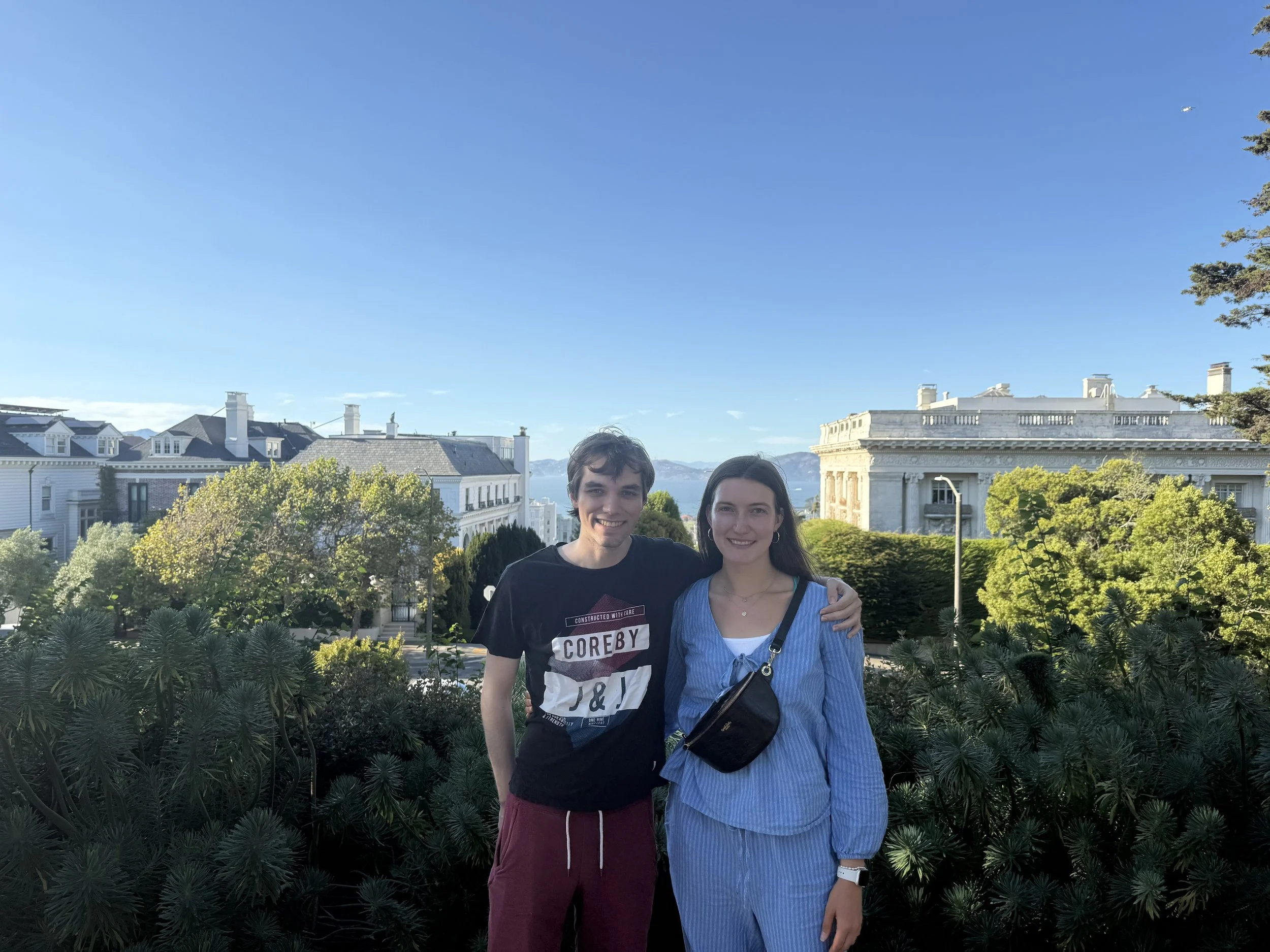Understanding Impact Investing and Navigating as Early-Stage BioTech Entrepreneurs: Insights from Jonty Corrin
Jonty Corrin started his career in academia as a bioscientist, but his entrepreneurial journey began during his final year of undergraduate work. While his first startup didn’t thrive, it sparked a passion for early-stage startups and their growth. Along the way, he connected with Nucleate UK, a student-led, nonprofit organization that helps early-stage biotech founders translate academic research into real-world startups with dynamic support.
Today, he is an associate at Ananda Impact Ventures, a Europe-based venture capital firm specializing in funding impact-driven technology businesses. In his role, he is mainly working with founders, tackling complex problems using cutting-edge technologies and imagining the future of biotech innovation.
Beyond his work at Ananda, Corrin founded Future.Bio, a curated community for biotech founders, based in London. Inspired by conferences that bridged academia and VC, he envisioned a space where 10-15 founders could gather over dinner to share insights, build connections and foster long-term collaborations.
Rethinking Venture Capital: The Impact-Centric Approach
Traditional venture capital often has a reputation for being risk-averse, despite its bold ambitions. According to Corrin, what sets Ananda Impact Ventures apart is their commitment to being an impact fund. Unlike traditional VCs that prioritize 10x returns or venture philanthropy that expects minimal financial returns, impact VCs aim for the best of both worlds. They deploy catalytic capital, investments designed to unlock innovation and open new markets—while maintaining a firm commitment to the positive impact thesis, whereby decisions are driven not just by financial potential, but also by the hope of generating measurable social and environmental benefits. Impact-centric investing guarantees that impact remains a non-negotiable priority within the investment thesis.
Catalytic capital is not just about introducing new market potential, but it’s also about unlocking new geographies, customer segments or innovative solutions for pressing challenges. This approach aligns with what the iGEM Startups Program has been doing: Helping iGEMers and synthetic biology enthusiasts validate their projects or ideas and transition into startups.
One standout example is Paqta, a Peruvian startup from the 2024 iGEM Startups cohort. They developed customized, data-driven biofertilizers to enhance nutrient assimilation and reduce dependency on synthetic fertilizers, addressing a critical local need. With support from iGEM Startups, Paqta gained access to a global perspective and insights into market viability, allowing them to shine in their country, while also exploring broader opportunities.
Advice for Early-Stage Founders
Corrin emphasizes the importance of engaging with investors early in the journey of building a startup: “Talk to investors early. If you find the right ones, they won’t mind giving you half an hour for a coffee chat. Ask questions like, ‘If I tell you my idea at pre-seed, seed, or Series A, where do you see this company going? What kind of narratives would you like me to tell?’ These conversations are important in shaping key early decisions and crafting the narratives that will resonate with investors.”
Key takeaways:
Engage with Investors Early: Start conversations with investors at the earliest stages to shape your startup’s narrative and strategy.
Explore Diverse Funding Options: While venture capital is often seen as the default, it’s not the only path. For startups without unicorn potential, venture debt or business loans can be viable alternatives. He points to examples like NanoTemper, a biotools company that successfully bootstrapped and grew organically without relying on traditional VC funding.
Build Long-Term Connections: Leverage networks with different stages of founders to foster relationships that support your journey as a founder.
Join us as a biofounder now!
iGEM Startups, the pre-accelerator program within iGEM Headquarters, invites all iGEMers or SynBio enthusiasts to turn their iGEM projects or groundbreaking SynBio ideas into startups!
Join our Venture Foundry program, running from April through October, and earn the opportunity to showcase your startup at the 2025 iGEM Grand Jamboree! Subscribe to our mailing list for program updates: bit.ly/StartupsReport2024.







